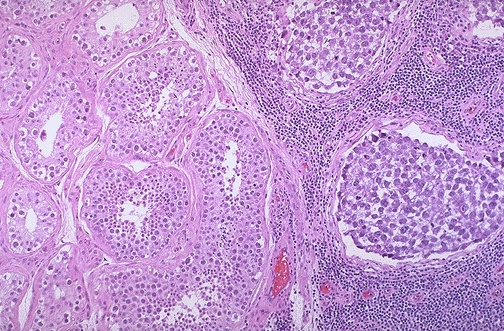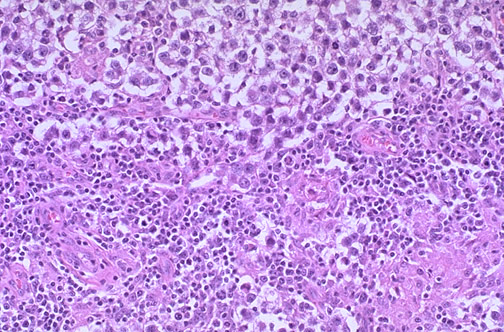- Joined
- Nov 10, 2011
- Messages
- 1,811
- Reaction score
- 999
Let's discuss our doubts/offer clarifications about mechanisms/concepts for Step 1
ASK ANY QUESTIONS here.
To kick start the thread here is something I didn't know:
1. Penicillin-binding proteins (PBPs) are actually enzymes (transpeptidases & carboxypeptidases) which cross-link peptidoglycan. Penicillins binds to these enzymes and inactivating them thereby preventing cross-linkiing of peptidoglycan.
2. Periplasmic space (Gram -ve) contain proteins which functions in cellular processes (transport, degradation, and motility). One of the enzyme is β-lactamase which degrades penicillins before they get into the cell cytoplasm.
It is also the place where toxins harmful to bacteria e.g. antibiotics are processed, before being pumped out of cells by efflux transporters (mechanism of resistance).
There are three excellent threads which you may find useful:
List of Stereotypes
Complicated Concepts Thread
USMLE images
ASK ANY QUESTIONS here.
To kick start the thread here is something I didn't know:
1. Penicillin-binding proteins (PBPs) are actually enzymes (transpeptidases & carboxypeptidases) which cross-link peptidoglycan. Penicillins binds to these enzymes and inactivating them thereby preventing cross-linkiing of peptidoglycan.
2. Periplasmic space (Gram -ve) contain proteins which functions in cellular processes (transport, degradation, and motility). One of the enzyme is β-lactamase which degrades penicillins before they get into the cell cytoplasm.
It is also the place where toxins harmful to bacteria e.g. antibiotics are processed, before being pumped out of cells by efflux transporters (mechanism of resistance).
There are three excellent threads which you may find useful:
List of Stereotypes
Complicated Concepts Thread
USMLE images
Last edited:




